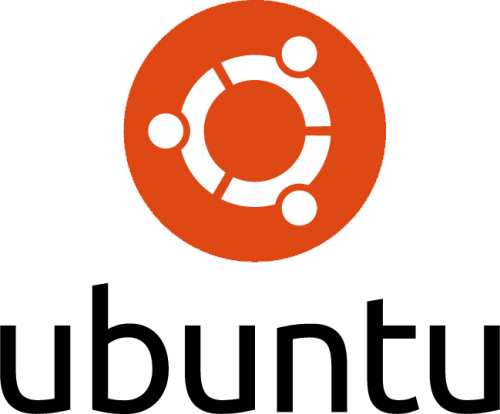

This was discontinued in 2011, but those first few years gave them huge exposure.ģ. You could order free installation CDs through Canonical’s ShipIt program, and copy and redistribute them. Pop in your installation media, answer a couple of questions, and in a few minutes you have a nice new Ubuntu Linux system to play with.Ģ. So, how did Ubuntu succeed where so many others did not?ġ. It held the #1 spot on Distrowatch for quite a few years and has always been in the top five. Many had tried to do this: Libranet, Corel, Lindows…but only Ubuntu became dominant and survived. Ubuntu ignited excitement about desktop Linux by taking Debian Linux and putting a user-friendly face on it. Doubtless one can point fingers at numerous shortcomings in Ubuntu’s performance in these arenas, but there is no doubt that they were responsible for bringing these issues to the forefront and catalyzing large-scale change. It launched a rowdy and far-reaching conversation about codes of conduct, the great value of diversity, and treating each other with civility and respect. Ubuntu got a whole new generation of people excited about Linux, and excited about contributing to Linux and FOSS. The Ubuntu community was key in pushing “community before code” into the Linux mainstream. Now we’re seeing more of the Apache Foundation philosophy of “community before code.” Once upon a time the claim of “meritocracy” trumped everything, and too bad for anyone who couldn’t take the heat or develop magnificent skills on their own. It’s a fascinating report that is worth reading to see how far Linux and FOSS have come in terms of community and community values. The study asked the question why such a difference? Answer: Hostile environment. (And old-timers, and random passers-by.) The famous 2006 FLOSSPOLs study (see D16 – Gender: Integrated Report of Findings) claimed that 98.5% of FOSS contributors were men, while the proprietary software world had 28% participation by women. It was rough-and-tumble, allegedly ruled by meritocracy with the best code rising to the top, but in reality sizable swaths of it were personality-driven, cliquish, and hostile to newcomers. These were radical concepts in the Linux world, which was rather different back then. Ubuntu is a word from the Nguni language with a complex meaning that doesn’t translate well into English: we are all connected, correct behavior that flows from our connectedness, humanity to others, I am what I am because of who we all are. Mark Shuttleworth founded Canonical and Ubuntu with $10 million of his own money. Take a look at the Distribution Timeline for Debian its largest descendants, Knoppix and Ubuntu, have sizable family trees of their own. Debian supports several times more packages than any other distribution, and its family tree is by far the largest. Ubuntu is based on Debian Linux, which is the #1 Linux distribution in size and influence. Desktop Ubuntu has been front and center from the beginning. RHEL and SUSE soft-pedal their desktop editions. One of the primary differentiators between Ubuntu, RHEL, and SUSE is Ubuntu unashamedly and boldly promotes their desktop version. In its short life Ubuntu has generated considerable controversy, supporters, detractors, excitement, and given the Linux world a much-needed injection of energy. Its first release was in 2004 the other two enterprise Linux distributions in this series, SUSE and Red Hat, were born in 19. “We will also continue to make the packs available through the store which are sold more or less at cost price (plus shipping)” states Gerry Carr promising that they will still continue to support Ubuntu.Canonical’s Ubuntu Linux is the newcomer in the enterprise Linux space. Jono Bacon, Cononical community manager, points out that only LoCo teams who “have demonstrated significant.

However, this will not be applicable to all LoCos. Canonical has also appealed the LoCos to innovate ways so that they can provide Cds to individuals who need them. The free CDs will be only avail be to the Ubuntu Local communities (LoCos) via ShipIt lite program. Since then, Canonical through its ShipIt program has made millions of free CDs that were delivered to any part of the world free of cost! ShipIt program, launched back in 2005 was aimed at making mass-Ubuntu-adoption possible that was primarily hindered by progressing broadband technology “that was a marketing promise even in the most connected parts of the most developed nations” then.


 0 kommentar(er)
0 kommentar(er)
